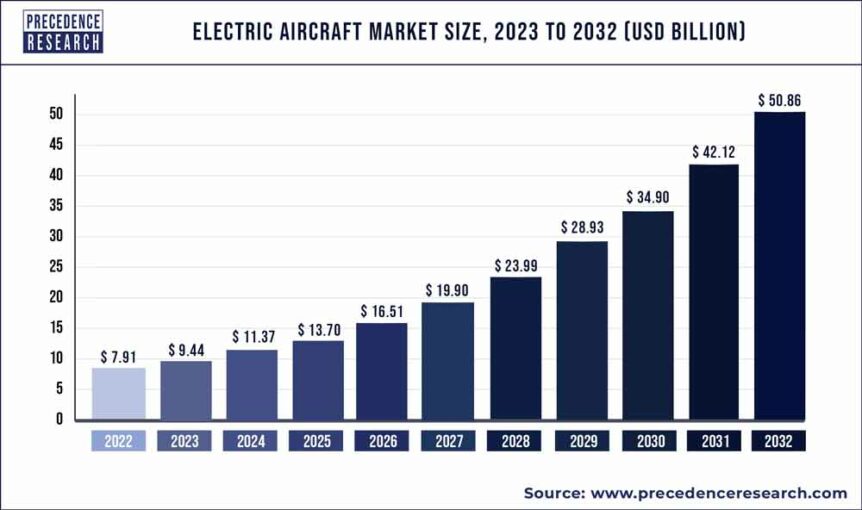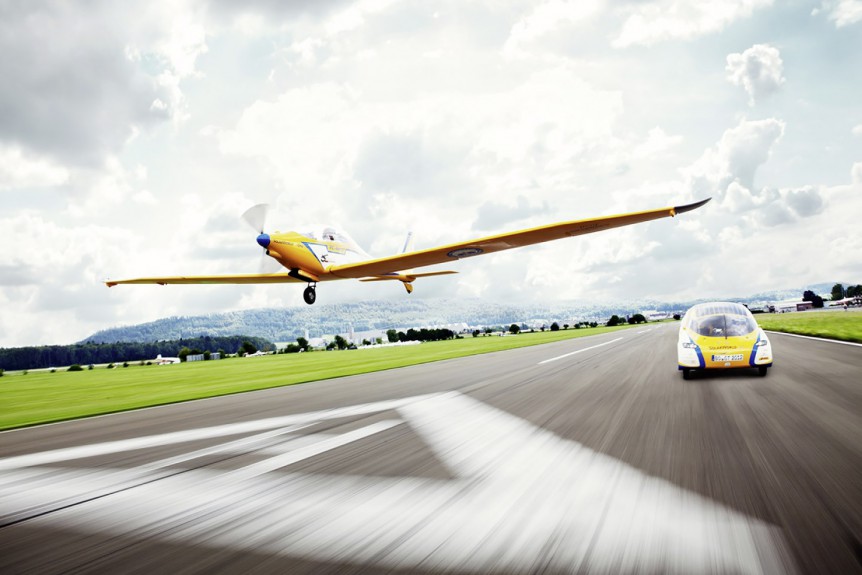Worldwide, batteries are getting a great deal of backing, but probably not at the level of China’s push to rule over world electric vehicle markets. Recently, China awarded BYD $3.7 billion to enable it to pursue dominance of the world EV market. According to Bloomberg.com, “Virtually all of China’s listed companies received direct handouts in 2022, the Kiel Institute [for the World Economy] said, flagging support for wind, solar and railway rolling stock companies. Industry aid in China is “at least three to four” times higher than in large EU and OECD countries, the group said.” The European Union is busy investigating China’s underwriting of its own auto industry in what the EU sees as an anti-competitive advantage in an ongoing EV price war. America, for the most part, and aside from relatively minor Advanced Research Project Agency – Electric (ARPA-E) funding, does not seem to encourage EV development. What usually starts with automotive advancement eventually finds its way skyward. …
Solar Impulse 2 Batteries – Better than We Thought
What happened to Solar Impulse 2’s batteries on those long five days and nights over the Pacific? It took months of enforced downtime in Hawaii to have new batteries made, sent from Korea, installed, tested, and flown again. Could the plane have completed the flight on the original batteries? Kokam, manufacturer of the airplane’s cells, has released new information that provides details of the drive system and relieves a few lingering anxieties. An over-riding concern was that batteries overheated on the Japan to Hawaii part of the mission, topping out at 50 degrees Centigrade (122 degrees Fahrenheit) – above their design temperature. Your editor has thought deeply about what Andre’ Borschberg must have gone through every day of the five over the Pacific, seeing the temperatures on the four battery packs climbing as he pointed the airplane’s nose up in its saw tooth flight profile. Borschberg explained that stress in a comment on SI2’s blog. “”I feel exhilarated by this …
Kreisel Brothers – Austrian Entrepreneurs
We keep hoping for the long-awaited 10X, or even 5X battery that would make electric aviation “pop” in a significant way. The Kreisel brothers in Austria are not developing new batteries or chemistries, but through careful design and manufacturing techniques, manage to reduce weight in their battery packages – one example being the two “ultra-lightweight battery units” they supply for PC-Aero’s Elektra One. With a total weight of “just 64 kilograms,” (140.8 pounds), the packs “provide [an] efficient and reliable energy supply for a range of 400 kilometers (248 miles)… a flight duration of three hours [and a] speed of 160 kilometers per hour (99.2 mph).” Each pack stores 5.8 kilowatt-hours of electrical energy, or 5.52 kw-hr./kg. That’s roughly an eight-percent savings over the Teslas’s battery, if all else is equal. It might be a harder number to achieve in a small package, there probably being a certain irreducible minimum of things that weigh down the small package disproportionately more …
Recycling Lithium Batteries and Adding Seeds and Pine Resin – Better than Mining?
Recycling is good. Those empty beverage cans we turn in at the supermarket come back to us, newly reformed and filled with our favorite drinks – all at about 1/10th the energy cost of making the cans from fresh bauxite and generating all the electricity necessary for new aluminum stock. Besides, aluminum ore is a limited resource, and finding and mining fresh supplies is ever harder and more expensive. Lithium is an even more severe problem. Used rechargeable batteries other scarce minerals such as cobalt, manganese and lithium-based electrolytes. Most of the world’s supply of lithium seems to be in places not necessarily allied with U. S. interests. Battery University says 70-percent of the world’s supply is in Bolivia, Argentina, Chile, Australia and China. Bolivia’s salt flats are in a mostly inaccessible area and would require building of major roads and extraction facilities. Unfortunately that country is not on good terms with the United States. China will want to protect its …


